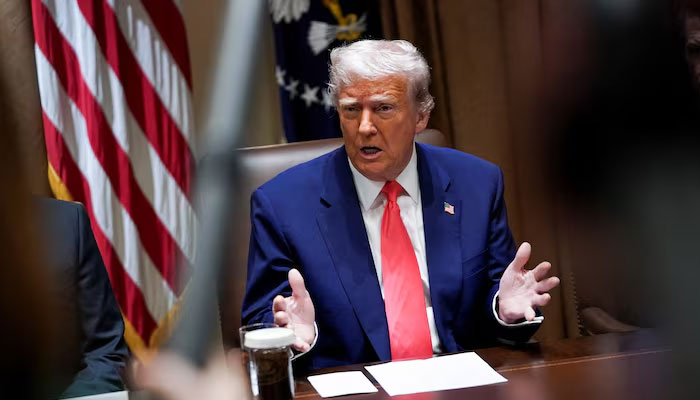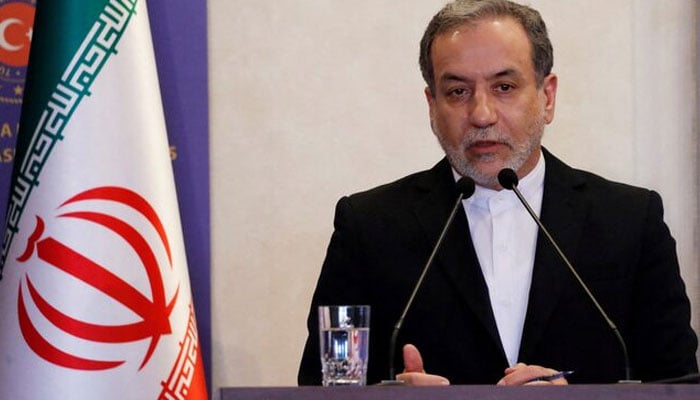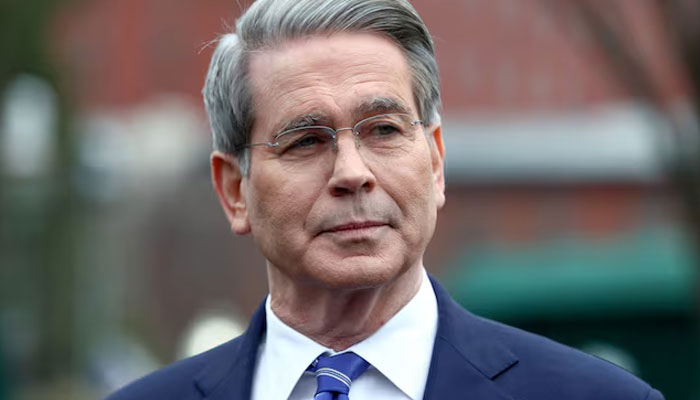Navigating Your Future: 7 Key Tips for Choosing the Right University and Career Path
Dubai(News Desk):: With the new academic year around the corner, thousands of students across the UAE are at a critical crossroads, choosing the right university and career path that will shape their futures. As the country moves swiftly towards a diversified knowledge-driven economy under UAE Vision 2031, the need to make informed strategic education choices has never been more urgent.
“The decisions students make today shape not only their personal futures but the trajectory of the UAE’s workforce,” said Ilia Melnichuk, CEO of Synergy University Dubai. “As industries evolve, employers are no longer just looking for degrees; they seek graduates who bring real-world skills, global thinking and an entrepreneurial mindset to the table. Education is no longer about memorisation or credentials; it’s about equipping students to lead, innovate and close the growing gap between learning and employability in a rapidly changing world. At Synergy University Dubai, our globally recognised programmes in fields such as Hotel and Restaurant Management, Information Systems and Technologies, Global Economy and Sustainability, Innovative Entrepreneurship and Applied Informatics are designed with this very future in mind.”
To help students and parents navigate this critical stage, here are 7 Key Tips for Choosing the Right University and Career Path:
1. Start with Self-Discovery
Before choosing a course or university, assess your interests, strengths and long-term goals. Use career assessment tools or speak to a career advisor to gain clarity. Aligning personal passion with industry demand sets a strong foundation for future success.
2. Research Universities Thoroughly
Look beyond flashy advertisements. Investigate university rankings, global affiliations, faculty credentials and programme specialisations. Choose institutions that emphasise practical learning and are aligned with emerging job sectors in the UAE and globally.
3. Attend Open Days and Career Fairs
Get a feel for university culture by attending open houses, webinars and student Q&A sessions. These experiences offer insights into the academic environment, student support systems and professional development opportunities.
4. Prioritise Institutions Offering Internships and Industry Exposure
Internships are no longer optional, they’re essential. Select universities that provide structured internship programmes and have strong links with local and international industries. These experiences often lead to job placements and build workplace confidence.
5. Explore Courses that Fill the Hiring Gap
Employers in the UAE are actively seeking talent in fields like AI, Information Technology, Sustainability, Entrepreneurship,Hotel Management etc. Opt for programmes that combine academic knowledge with skill-based learning to stand out in a competitive job market.
6. Check Career Support and Placement Records
Choose universities that offer dedicated career services, CV workshops, interview prep and alumni mentorship. A strong support system can significantly boost your transition from campus to corporate.
7. Think Global, Act Local
In today’s interconnected world, global exposure matters. Select universities that offer exchange programs, multicultural learning environments and international accreditations while still addressing the unique demands of the UAE job market.
As the UAE continues to develop a globally competitive workforce, the importance of education that balances passion with purpose cannot be overstated. By choosing the right university and career path, students are not just preparing for a job, they are preparing to become the innovators, leaders and change-makers of tomorrow.



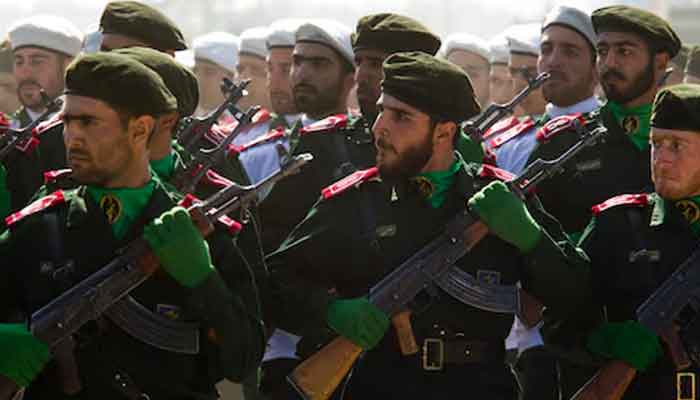



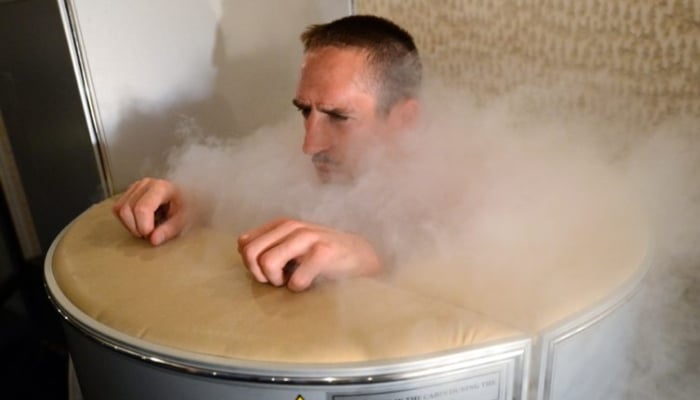

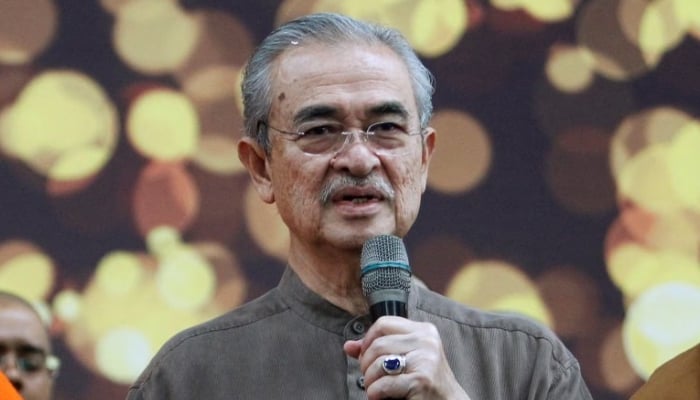



_updates.jpg)

